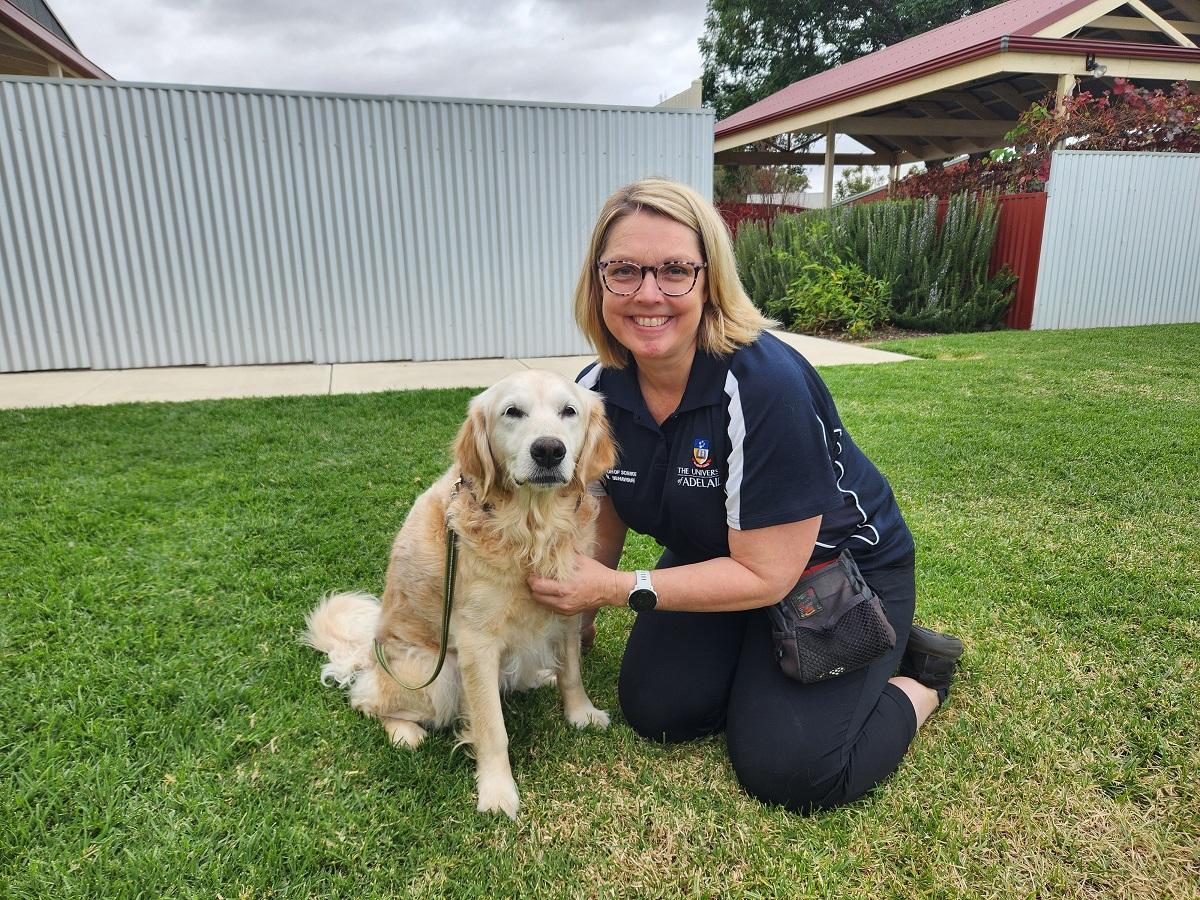The peak building and construction industry association, Master Builders Australia, welcomed the release of Jobs and Skills Australia’s Towards a National Jobs and Skills Roadmap.
Master Builders Australia CEO Denita Wawn said this roadmap is a valuable vehicle for the Government’s ambitious skills and workforce goals and what is needed now.
“Vocational education and training (VET) is central to skills and knowledge development in the building and construction industry, more so than any other sector in Australia.
“A VET qualification is the highest level of education attained for over 600,000 building and construction workers. This is 54 per cent of the total workforce and 80 per cent of workers that have a post-school qualification.
“Analysis of current skills shortages shows that 36 per cent of occupations assessed were in national shortage in 2023.
“50 per cent of the occupations in the category assessed as being in national shortage are technicians and trade workers.
“Ensuring the VET sector delivers high quality training that is occupation- and industry-relevant and valued by employers and the Australian population more broadly is critical to meeting current and future workforce needs in the building and construction industry.
“The Government needs to take an approach to ensure that policy levers are being pulled in the same direction to ensure we don’t find ourselves in a position of one step forward, two steps back.
“The proposed industrial relations legislation currently before parliament will counter efforts made in the skills space and make it harder for employers to create new jobs. It will sap productivity.
“If Australia is to meet Housing Accord and Net Zero targets, we need better incentivise people to join and stay in these occupations now and in future,” Ms Wawn said.
Jobs and Skills Australia’s analysis reveals that gender imbalance is a feature of many skill shortage areas.
“Occupations that have a highly gender skewed workforce are significantly more likely to be experiencing shortages than occupations where the gender balance is more even.”
“More work needs to be done to remove gender imbalances and in particular, support women in the workforce.
“The construction industry attracts more male than female workers. Improving the attractiveness of the industry to women presents a massive opportunity to increase the pool of potential workers.
“Initiatives such as Master Builders Australia’s Women Building Australia program are supporting retention through mentoring, helping to dispel misperceptions about the industry, encouraging more women into construction, sharing the stories of women in the industry, and nurturing career progression and business resilience.
“The Women Building Australia program is one example of an industry-led initiative to provide appropriate mentorship and support for women entering the industry which has helped see an uptick of female participation over recent years.
“The perception that higher education is superior to VET needs to be quashed and the tertiary system better aligned to meet future workforce needs.
“Completion rates of VET courses are a concern to the industry and Skills and Workforce Ministers have identified as a problem.
“The early stages of an apprenticeship are the most tenuous. Private Registered Training Organisations (RTOs), like those run by our members, have higher retention and completion rates than TAFE with better pastoral care and support in place.
“Governments should look to RTOs such as those provided by Master Builders members as examples of best practice,” Ms Wawn said.
Ten Jobs and Skills Councils with deep understanding of the VET sector and industry needs have been established to support the VET sector in meeting needs and providing a stronger voice.
“Master Builders Australia looks forward to working closely with BuildSkills Australia to identify skills and workforce needs and to promote the building and construction industry as a rewarding career path.”
“Master Builders has long advocated for a range of changes to the journey of an early career worker in the building and construction industry.
“These include better career education and advice, starting in early high school years; extinguishing the bias towards higher education over VET; providing detailed and realistic information to prospective apprentices to help them make informed choices; better pastoral care and mentorship; and restructuring the wage subsidy for employers,” Ms Wawn said.







